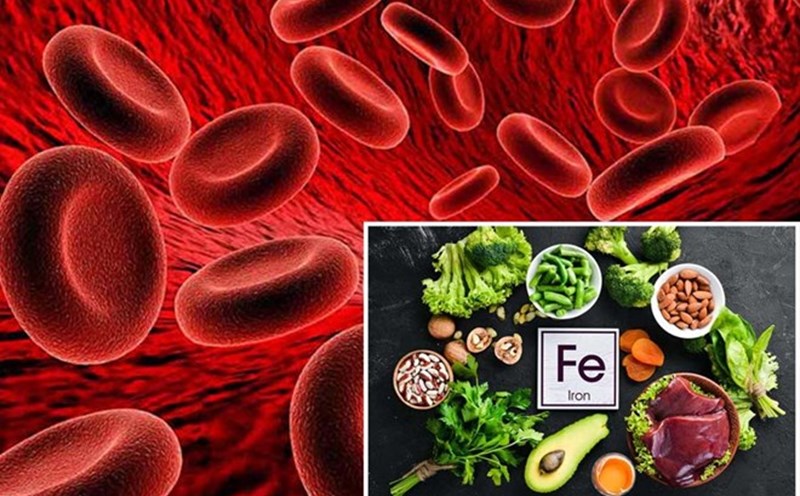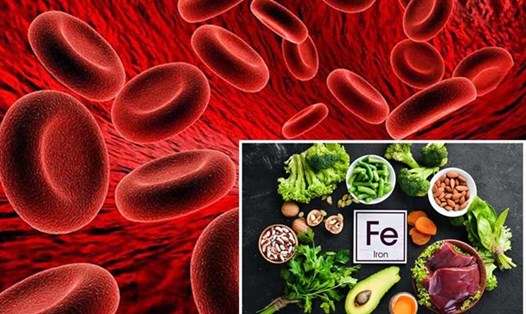Pregnancy can bring about many changes in the body, with hormonal fluctuations often causing a range of symptoms and discomforts. These changes can also increase the risk of certain health conditions, such as iron deficiency anemia.
Iron deficiency occurs when the body does not have enough iron, a mineral needed to produce hemoglobin, a protein in red blood cells (RBCs) that carries oxygen from the lungs to tissues throughout the body. Iron also aids in the production of myoglobin, a protein that delivers oxygen to muscles. Severe iron deficiency can disrupt RBC production, leading to iron deficiency anemia, a condition that can affect the health of both mother and baby during pregnancy.
Why is iron deficiency anemia common in pregnant women?
According to Dr Sonam Bakshi, Consultant Obstetrician and Gynaecologist at Indore Maternity Hospital (India), during pregnancy, a woman's blood volume increases significantly to support the growing baby, leading to a higher demand for iron. This can easily deplete iron stores, especially if a woman starts pregnancy with low iron levels or does not consume enough iron through her diet. In addition, iron is essential for the growth and development of the baby, which increases the risk of iron deficiency.
How does iron deficiency anemia affect mother and baby?
Untreated iron deficiency anemia can lead to serious complications, says Dr. Bakshi. For the mother, it can increase the risk of fatigue, infection, and complications during childbirth. For the baby, it can lead to low birth weight, premature birth, and developmental delays. Severe anemia during pregnancy can also affect the baby’s iron stores, affecting his or her health after birth.
Common symptoms of iron deficiency anemia in pregnant women
Here are some common symptoms of iron deficiency anemia during pregnancy:
- Tired
- Pale skin
- Short of breath
- Dizzy
- Abnormally fast heart rate
“Some women may experience headaches, cold hands and feet, and difficulty concentrating. These symptoms can be exacerbated by the increased iron requirements of pregnancy,” adds Dr. Bakshi.
How to increase iron levels in the body
Iron-rich foods such as lean red meat, fish, spinach, beans, and fortified cereals help prevent iron deficiency.
Foods rich in vitamin C (such as citrus fruits) also aid in iron absorption, so include them in your daily diet. Iron supplements are also often recommended, but should only be taken under medical supervision.









